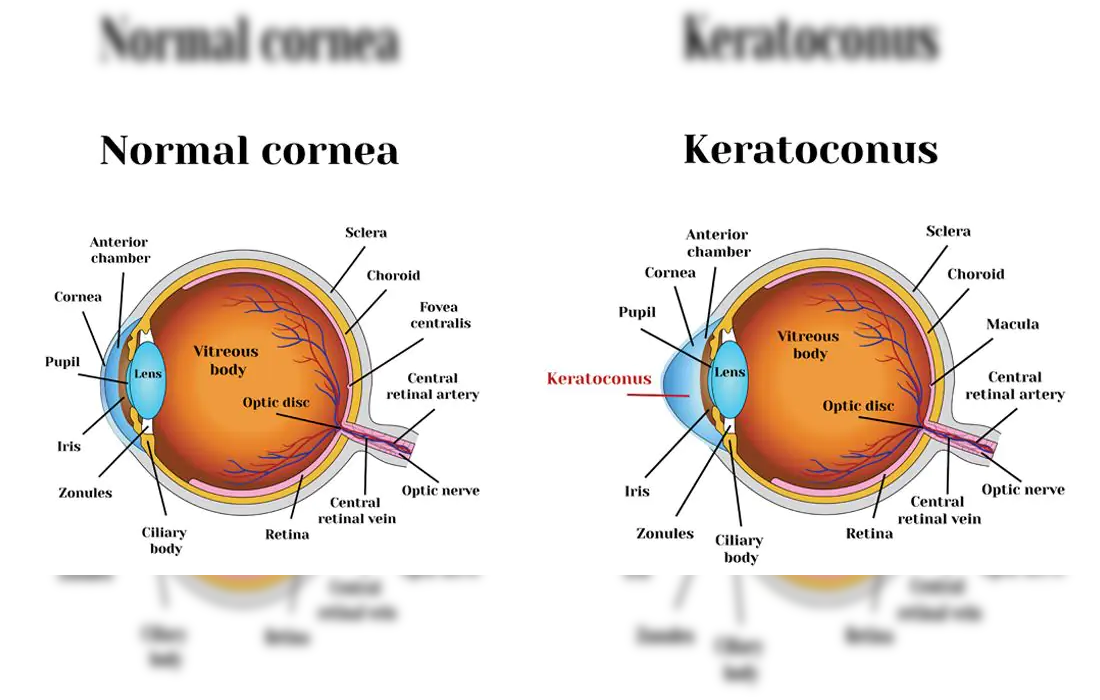Contact lenses are medical devices designed to correct vision problems and improve visual acuity. They are thin, curved lenses that are placed directly onto the surface of the eye, covering the cornea—the clear front part of the eye. Contact lenses are an alternative to traditional eyeglasses and can offer various benefits for those who require vision correction.
Here’s how contact lenses help in vision:
- **Refractive Error Correction:** Just like eyeglasses, contact lenses correct refractive errors, which are common vision problems that occur due to the eye’s inability to properly focus light onto the retina. The main types of refractive errors include myopia (nearsightedness), hyperopia (farsightedness), astigmatism (irregular corneal curvature), and presbyopia (difficulty focusing on close objects with age).
2. **Directly on the Eye:** Contact lenses rest directly on the cornea, which allows them to move with the eye, providing a wider field of vision and reducing visual distortions that might occur with certain eyeglass prescriptions.
3. **Clearer Peripheral Vision:** Contact lenses provide a more natural and clearer peripheral vision compared to eyeglasses, as they move with the eye and don’t have frames that obstruct the view.
4. **Stable Vision During Activity:** Contact lenses are particularly beneficial for individuals who lead active lifestyles, play sports, or engage in activities where eyeglasses might be cumbersome or prone to falling off.
5. **Cosmetic Benefits:** Some people choose contact lenses for cosmetic reasons, especially those who don’t want to alter their appearance with traditional eyeglasses. Colored contact lenses are also available to change or enhance eye color.
6. **Less Visual Distortions:** Contact lenses can reduce certain visual distortions that might occur with high prescriptions or strong astigmatism.
7. **Variety of Options:** There are various types of contact lenses available, including soft lenses, rigid gas permeable lenses, toric lenses for astigmatism, multifocal lenses for presbyopia, and even specialty lenses for specific eye conditions.
It’s important to note that while contact lenses offer many advantages, they also require proper care and hygiene to prevent eye infections and discomfort. Individuals interested in using contact lenses should consult an eye care professional, such as an optometrist or ophthalmologist, who can determine the most suitable type of contact lens based on their prescription, eye health, and lifestyle. Regular check-ups are also important to monitor eye health and ensure the contact lenses are fitting properly.
Contact +91 70456 51925
Email appointmentreh@gmail.com

